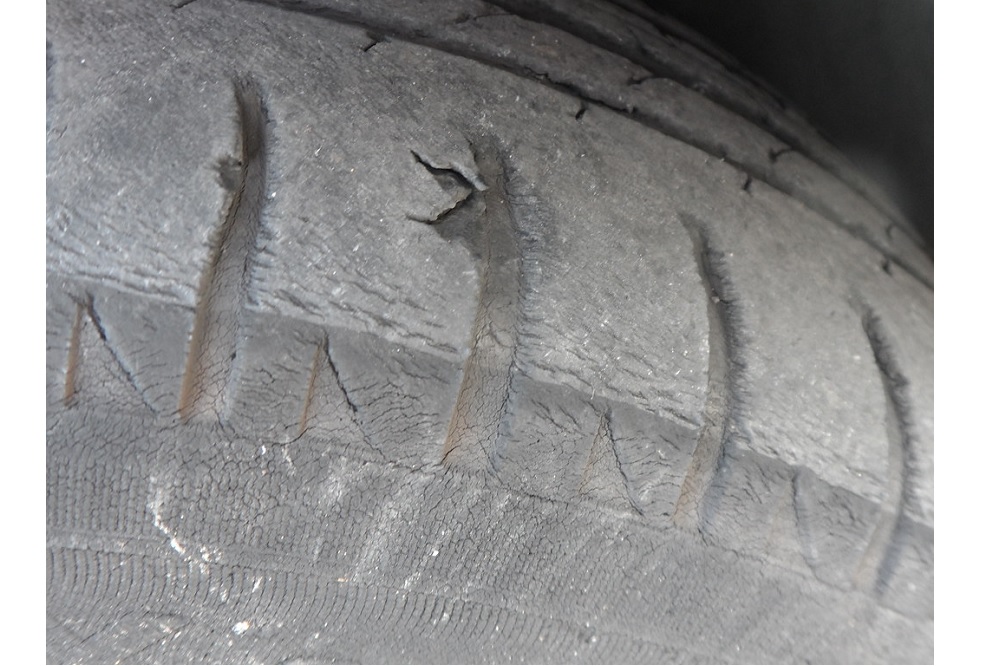The Tire Industry Project is a gathering of the leaders in the tyre sector, where representatives at the highest levels of the sector discuss pathways to deal with challenging issues- one of the key challenges are Tyre Wear Particles.
Continental has taken on the role of fourth co-chair of the Tire Industry Project (TIP). With this step, the tyre manufacturer is further emphasising its comprehensive commitment to sustainability. Continental will contribute resources and its long-term expertise in the areas of end-of-life tires, sustainability assessment methods, and sustainable materials.


“TIP was founded to deliver scientific research on tyre and road wear particles (TRWP) and other environmental and human health issues facing the industry in 2005, and while our support for research is as important as ever, TIP and our members have evolved to meet broader sustainability challenges,” says Anne-Cécile Rémont, who is the Executive Director of the Tire Industry Project.
Recent reports from the UK suggest that tyre wear particles in the atmosphere now outweigh vehicle exhaust emissions as a cause of environmental concern. There are even discussions taking place about the possibility of a tyre tax that might in some way address the issue. The UK Department for Transport has asked consultancy Arup to “develop recommendations on how to better assess and control these emissions which will persist after a transition to zero tailpipe emission vehicles.”
However, like all such taxes, they are divisive an iniquitous, they adversely impact the less wealthy more than the wealthy, further creating a disparity between rich and poor.
It has also been argued that any such tyre tax might cause road safety issues as people delay changing tyres.


















